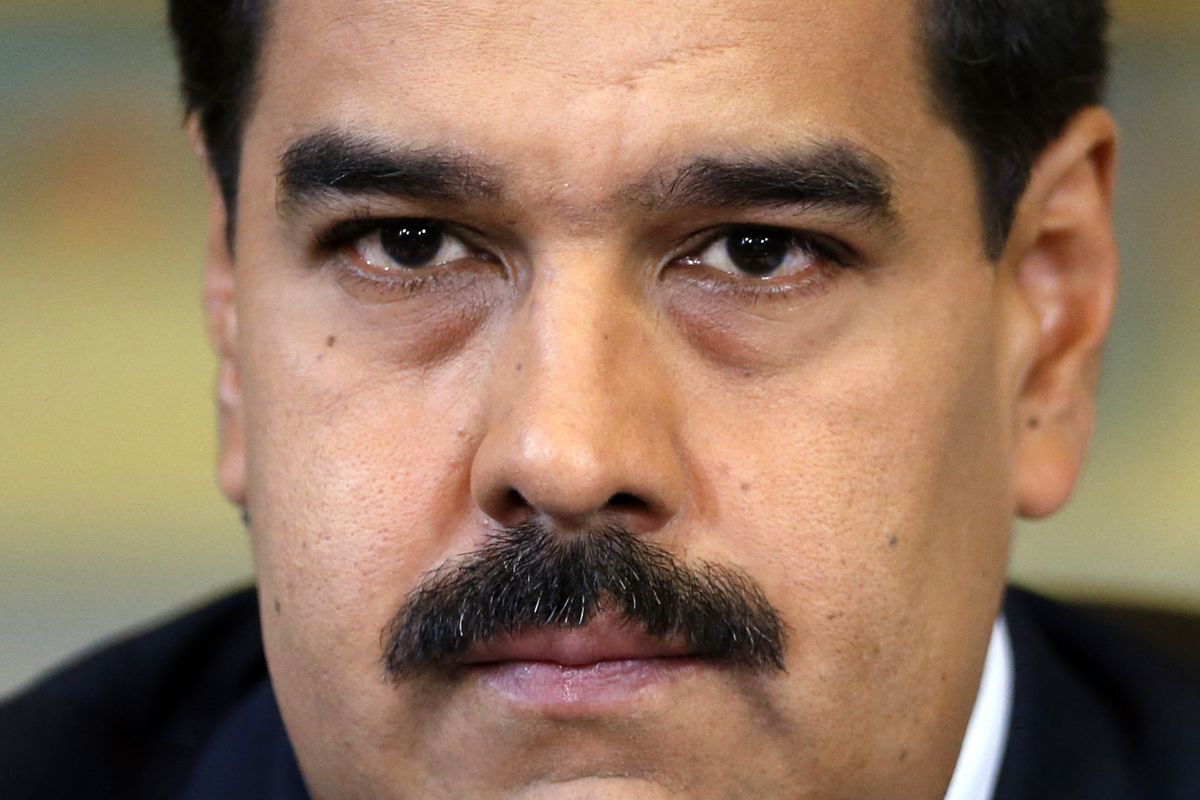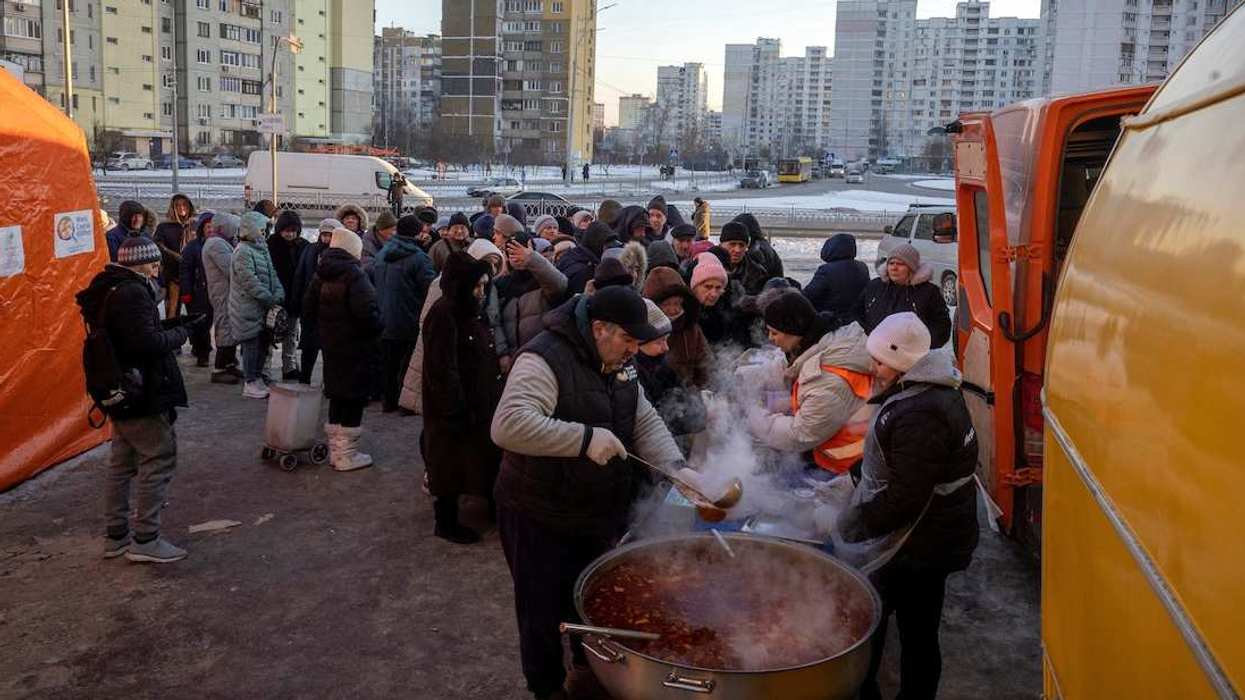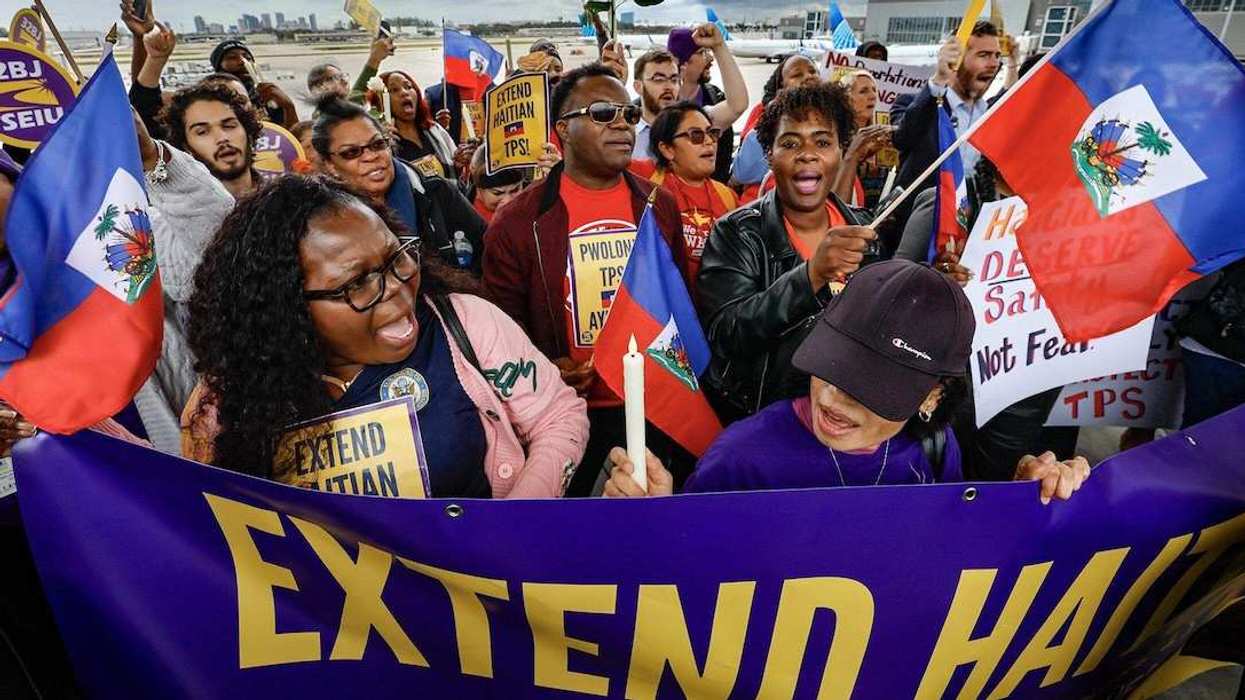Just four years ago, most observers would have bet good money that Nicolás Maduro’s days at the top were numbered.
In 2018, Venezuela’s strongman president had declared himself the winner after a reelection battle that was broadly considered to be rigged. Maduro’s subsequent crackdown on anti-government protesters made him one of the world’s most reviled and isolated leaders.
It’s now been 10 years since Maduro, the foreign minister at the time, was handed the top job, and his power is more entrenched than ever. How has the Venezuelan despot survived and what might this mean for the country's politics and its people?
Meet Maduro. A former bus driver from Caracas, Maduro got his political training as a young man in Cuba. Upon returning to Venezuela, he became a big shot in the union movement and in leftist politics as a member of the United Socialist Party.
An avid backer of Chavismo – the left-wing populism championed by his predecessor Hugo Chávez – Maduro was tapped to take on presidential responsibilities after Chávez's death in 2013.
Like Chávez, Maduro’s authoritarian predilections were apparent from the get-go. Amid growing popular discontent, in 2015 he declared “Operation Liberation and Protection of the People” (the irony!) to address what he called the country’s growing security concerns. Maduro deployed 80,000 security forces to round up alleged detractors, leading to scores of extrajudicial killings.
This leadership style of quashing dissent and jailing political opponents and journalists came to a head after the widely disputed 2018 election, when thousands of Venezuelans took to the streets to protest Maduro’s win, broadly dubbed a sham. The regime’s brutal response to the protests – security forces killed dozens of demonstrators and shuttered independent news organizations – further solidified Maduro’s pariah status in many parts of the world.
The sanctions weapon. The US has used sanctions as a bludgeon against Venezuela since 2006, when the Bush administration banned arms sales to the Chávez regime due to its ties to rogue states, like Cuba and Iran.
But this campaign ramped up a lot during the Maduro years. The Trump administration, in particular, adopted a merciless approach to Caracas, enforcing sanctions that cut it off from US financial markets, essentially limiting its oil sales to the black market and prohibiting purchases of Venezuelan debt.
Venezuela’s economy has since been through the wringer. From once having the highest per capita income rate in Latin America, Venezuela is now flailing. Starved of investment, hyperinflation topped an absurd 65,000% in 2018. The country’s oil output has remained sluggish over the past decade despite the fact that it has the biggest liquid gold reserves in the entire world. Consider that in 1998 Venezuela was producing around 3 million barrels of crude per day – that number slipped to 626,000 in 2020.
To be sure, years of corruption, underinvestment, and mismanagement have also pummeled the petrostate’s economy. In 1997, one independent group claimed that around $100 billion had been embezzled from the state oil company in the preceding 25 years.
Given the heft of Western sanctions, how have Venezuela and Maduro managed to stay afloat?
Who’s isolating whom? Taking a page out of Chávez’s playbook, Maduro has worked hard to cultivate ties with other heavily sanctioned states and US rivals like Iran, Russia, and China, as well as Turkey.
Reflecting its mercantile approach to geopolitics, Beijing has given Caracas billions of dollars worth of loans in recent years in exchange for oil. China has also helped Caracas deliver the goods in violation of US sanctions. Moscow has similarly doled out cash to help keep Caracas afloat.
Maduro has also deepened relations with the US’ forever enemy, Iran, with Caracas sending Tehran billions of dollars worth of gold in exchange for oil, gas, and food. The friendship is deep, with Iran reportedly set to revamp the Paraguana Refining Center, Venezuela's largest, in the near term. Crucially, the overhaul will replace US technology – originally used to build Venezuela's oil infrastructure – with … Chinese and Iranian parts.
Moreover, under Maduro, illicit economies – including trading of illegal drugs, gold, and oil – made up a whopping 21% of Venezuela's gross domestic product in 2021.
The perks of a ”pink tide.” Maduro has benefited enormously from the region’s changing politics. A “pink tide” across Latin America in recent months has seen a slew of leftist governments come to power that are more sympathetic to Maduro’s socialist, anti-imperialist agenda.
“For a long time, diplomacy in Latin America wasn't very ideological because state sovereignty was the most sacrosanct principle,” says Will Freeman, a Latin America expert at the Council on Foreign Relations. “Governments in the region are now taking a more ideological approach to diplomacy,” resulting in leftist leaders in Colombia, Brazil, Peru, and elsewhere wanting to deepen ties with the socialist in Caracas.
A dysfunctional opposition. It’s been a boon for Maduro that the opposition has proven to be lackluster and underwhelming. Many place the blame at the feet of former wunderkind Juan Guaidó.
After the 2018 election, Guaidó, then president of the opposition-controlled legislature, set up a shadow government backed by the West. But critics say Guaidó made no progress in moving the country toward new elections and that he failed to get the military or courts onside. Popular support has also nosedived, with just 6% of Venezuelans polled in Nov. 2022 saying that they’d vote for him.
After Guaidó’s allies voted to remove him from office in December, the former de facto leader said the move would create a “power vacuum” that would only boost Maduro.
And he might have been right: The Biden administration recently moved to ease some sanctions on Venezuela’s oil sector. While this has largely been aimed at boosting production and keeping global prices down amid Russia’s war in Ukraine, it’s hard to imagine that the White House would have felt as comfortable making overtures to the Maduro regime if there was a powerful and popular opposition to deal with in Caracas.
“Venezuela is fixed.” Not quite. Feeling emboldened by Maduro’s staying power, some Venezuelans have adopted the slogan “Venezuela is fixed” — a tongue-in-cheek reference used in the country when conditions mildly improve. They point to the fact that the International Monetary Fund recently predicted that Venezuela's economy will grow by 6% this year, while the poverty rate decreased for the first time in seven years.
But the current political dynamic is more a result of “broad disillusionment and disengagement from politics,” says Freeman, adding that “Maduro has not become popular by any stretch of the imagination.”
What’s more, the humanitarian situation remains grim. Half the country lives in poverty, down from 65% in 2021, giving rise to one of the world's biggest refugee crises in recent years. Venezuela is also one of the world’s most unequal states, with the wealthiest Venezuelans 70 times richer than the poorest. It’s for this reason, Freeman says, that what we've seen is “more of an economic recovery on the surface” only. The foundation remains rotten.
What now? Maduro’s political future is as secure as ever. But there’s no quick fix for Venezuela's economy or its people. Indeed, it’ll take years of investment and billions of dollars to modernize the country's energy infrastructure in order to boost output. And while other petrostates are looking to diversify their economies, Caracas is a million steps behind.
And what about the vote next year? “The elections will be very unfree and very unfair,” Freeman says, adding that “Maduro will steal them if he needs to, though he may not need to if the opposition remains this divided.”
For now, at least, Maduro, often derided as “the bus driver” from Caracas, is likely feeling pretty good about things.


















